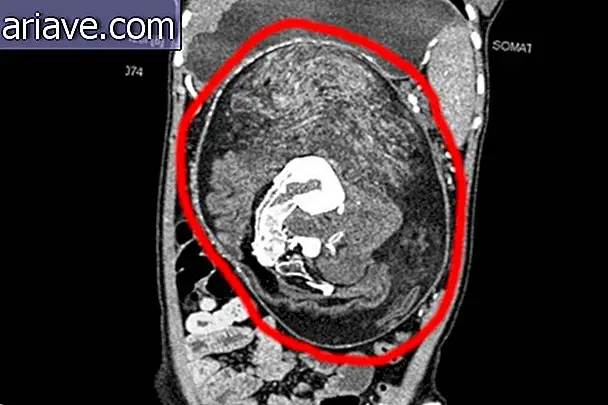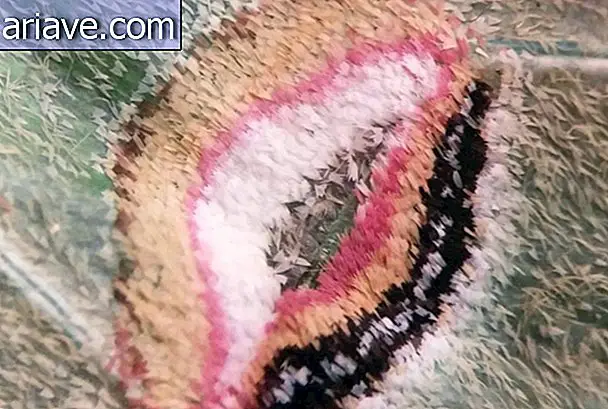Only 1% of the microbes that live in our bodies are known to science.
Have you come across any list of interesting curiosities about the human body and were surprised to find that we are home to a huge number of microorganisms? Because, according to estimates, our body contains about 1.3 times more microbes than cells - and according to David Nield of Science Alert, a study found that only 1% of this gigantic community is known to science.
Unknown Community
According to David, who found that 99% of the microbes that live in our bodies are unknown to science were researchers at Stanford University in the US while they were conducting a study that had nothing to do with microorganisms.
In fact, they were focused on finding less invasive ways to predict the success of organ transplants. Nowadays, the most common method of doing this is by performing biopsies, which can be a painful process for the patient. So scientists began analyzing donor and recipient blood samples to see if they could identify genetic signals that gave clues about the success or failure of surgery.

However, during the analysis, besides identifying the patients' DNA, the researchers came across a huge amount of genetic material that does not belong to humans and without any correspondence with the existing databases. According to the scientists, most of the material discovered belongs to a type of bacterium known as proteobacteria - which includes genera like Escherichia and Salmonella - but the team also found some hitherto unknown viruses.
And what's the point about this discovery? For more and more evidence points out that the microbes that live in our bodies perform numerous organic functions, and may influence the functioning of the immune system, our emotional state, and even our brain activity. Therefore, it is a good idea to know better who our “tenants” are, to determine which ones cause illness and to find ways to combat them.











